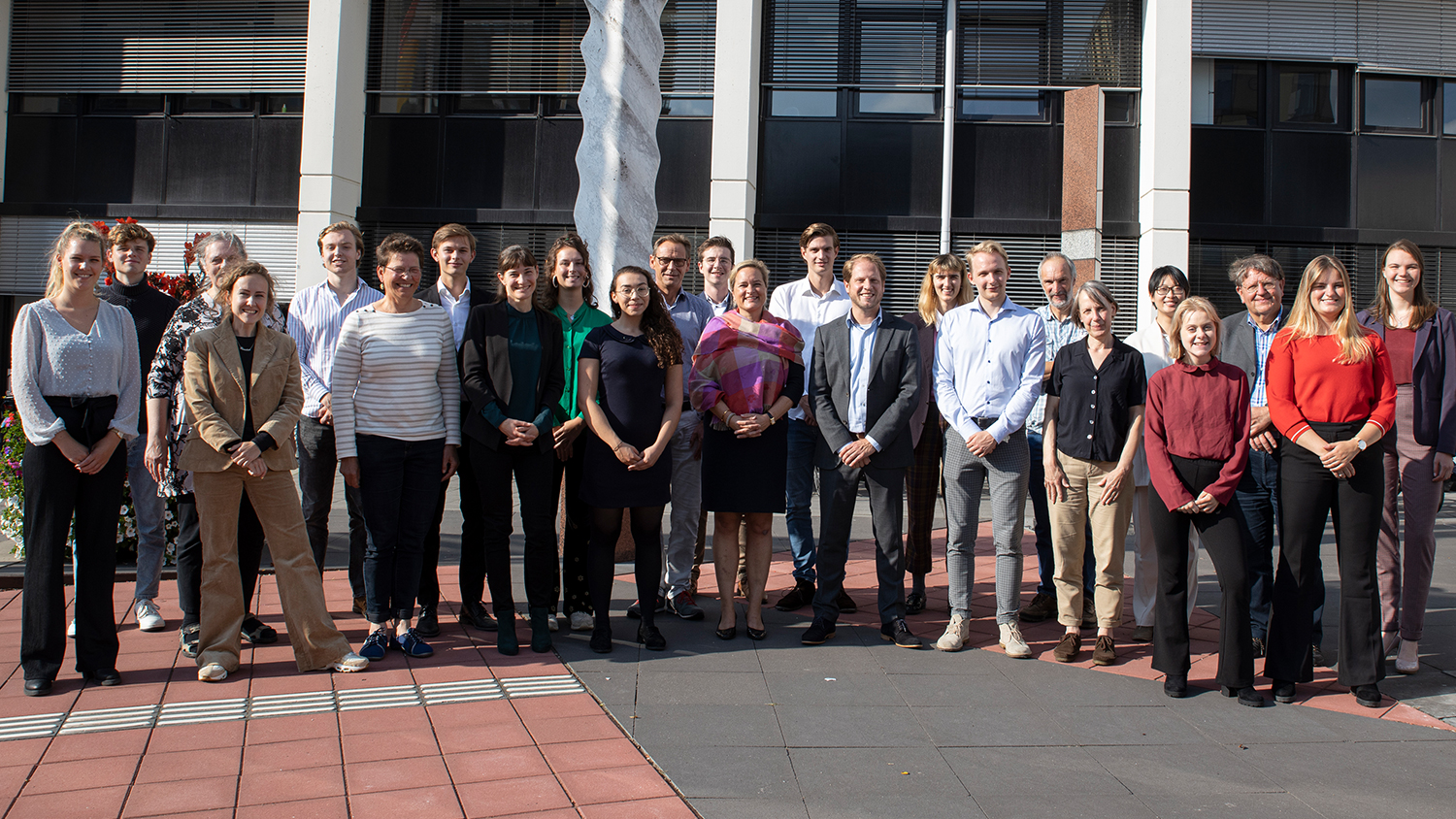The new staff members of the UU Council on stress, education, and sustainability
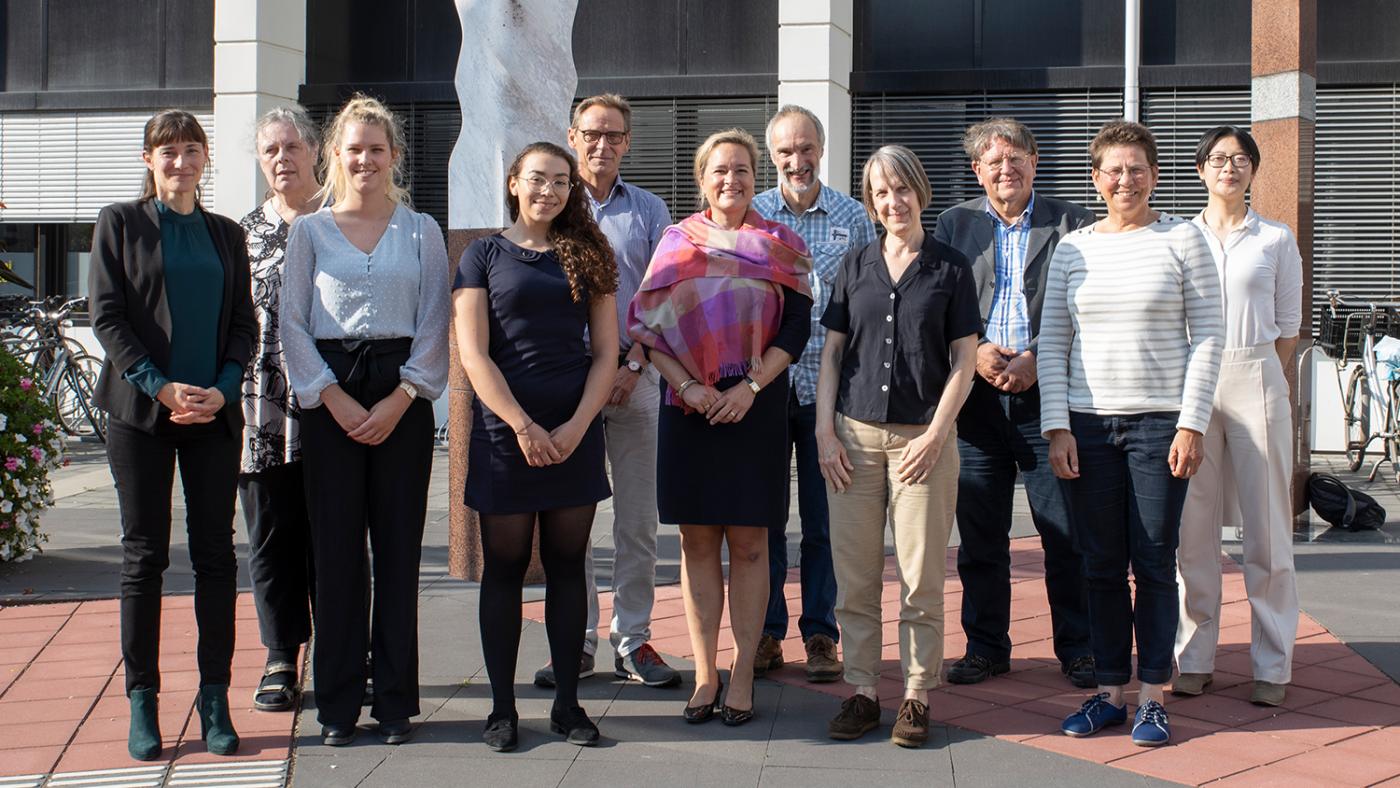
Twelve new staff members have been elected to the University Council last spring. Over the next two years, they will be representing the interests of employees before the Executive Board. Their tasks include revising policy, advising on the university's plans, and drawing attention to topics they deem important. They do this work alongside twelve members representing the students.
The staff members consist of eight scientists, three employees from support services, and a UMC employee. But who are they, really? Some are new, but others have been in the council for many years. DUB asked them to introduce themselves to our readers and presented them with three questions, each one of them about a contemporary topic, letting them choose one to answer.
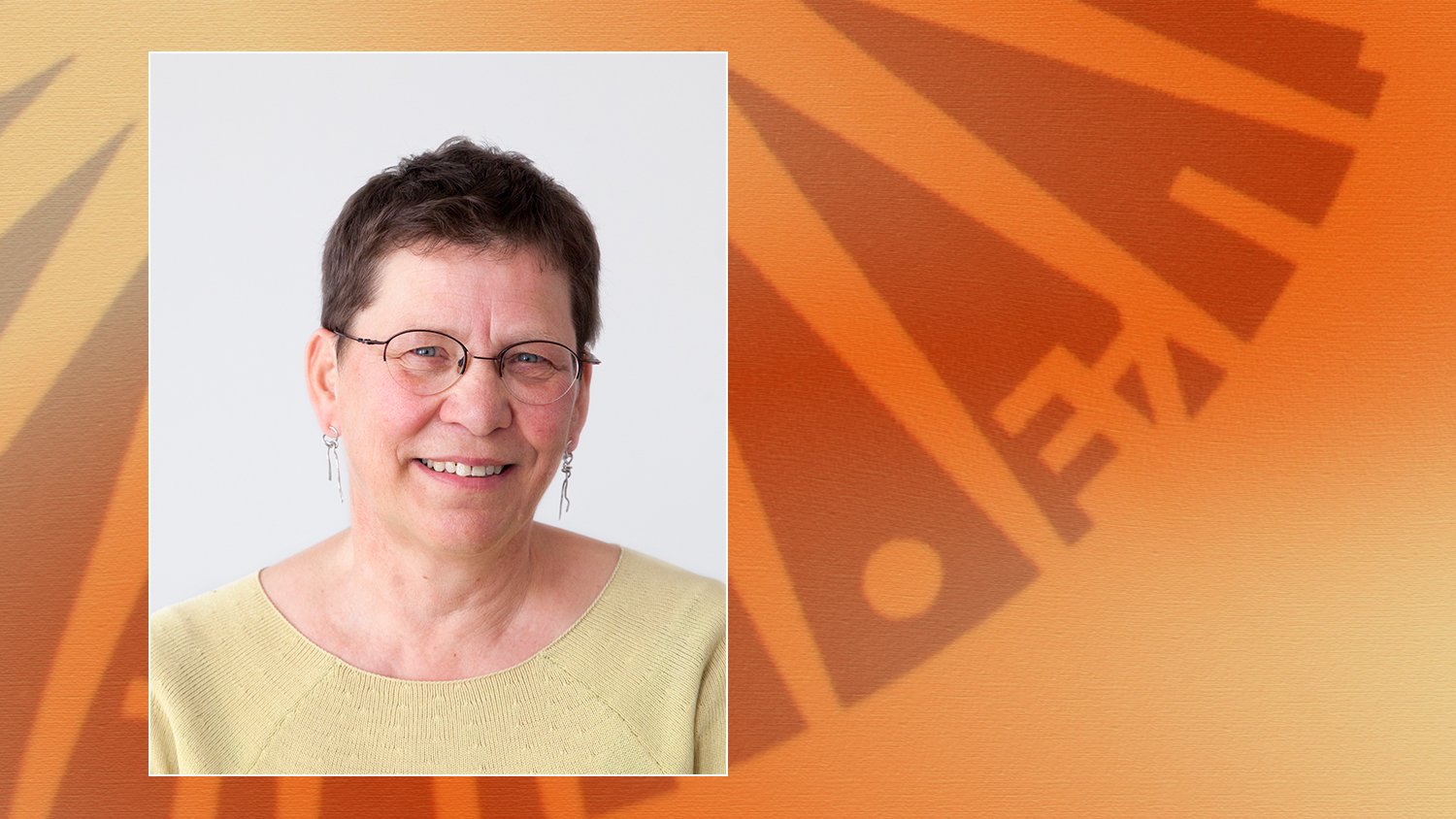
Who are you?
“My name is Annemieke Hoogenboom, party leader for Vlam. I'm an Art History teacher and researcher, and I also teach at Liberal Arts and Sciences. The interdisciplinarity of that study programme suits my interest in science in general. Utrecht University is my Alma Mater since 1974."
Science and Social Science programmes currently receive more funds per student than Humanities courses. Do you think that all study programmes should be getting the same amount of money?
“The current funding system is based on the OCW distribution model, which uses the following ratio: Humanities/Social Sciences - Sciences - Medical = 1 - 1.5 - 3 (so Humanities and Social Sciences are counted as one.) That means that the Faculty of Science gets 1.5 times more money than the Humanities and Social Sciences, and the medical programmes three times as much. The idea behind this model is that some faculties need expensive practical activities. Programmes in the Humanities and Social Sciences are therefore disadvantaged by this, as they also need laboratories, exhibition facilities, or other labour-intensive forms of education to guarantee the quality of the programme. Programmes should receive enough money to pay for what is necessary to provide good education, instead of according to this archaic division."
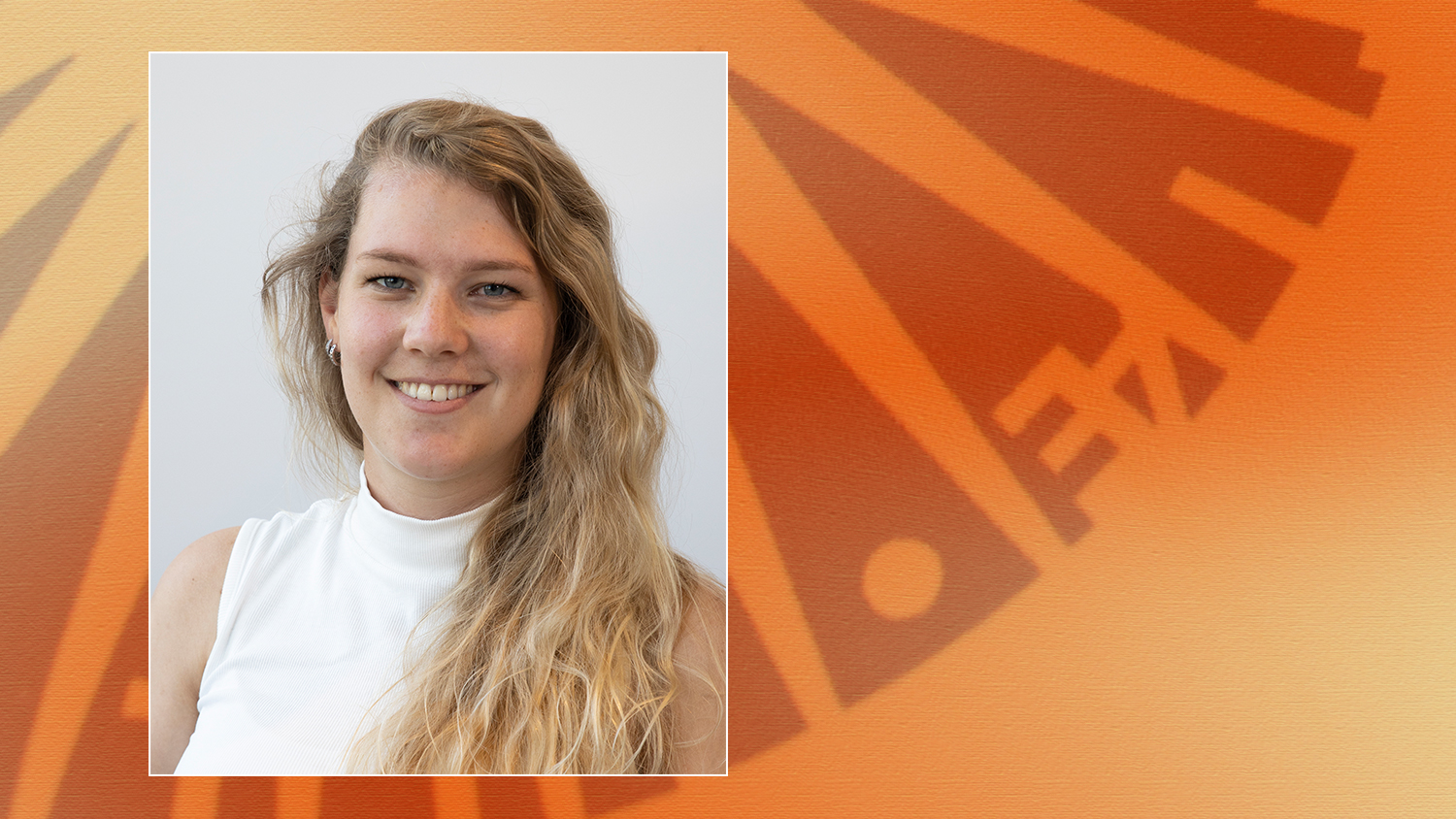 Who are you?
Who are you?
“I am Dian Enting and I'm one of the new staff members of the University Council. I've been serving as junior teacher of Methods and Statistics at the Faculty of Social Sciences for a year and it's been a pleasure. Education is my passion. I come from Groningen University, where I got a primary teacher education, and got to UU for the Master's in Educational Sciences, which to me offers the best combination of education and research. As a council member, I will therefore champion education and the position of temporary lecturers.”
Should the university ditch the binding study advice (BSA)? Why?
“I think the BSA should be abolished because it shifts the responsibility of progressing in the studies to the student, who are already under a lot of pressure because they're going through a period of great personal development in which studying is not the only thing required of them. I find that the responsibility for study progress should be shared between the institution and the student. Therefore, the educational institution should actively guide the student through their studies. In my view, there's a greater chance of success with mutual efforts and possible obligations defined according to the situation, rather than a unilateral measure like the BSA."
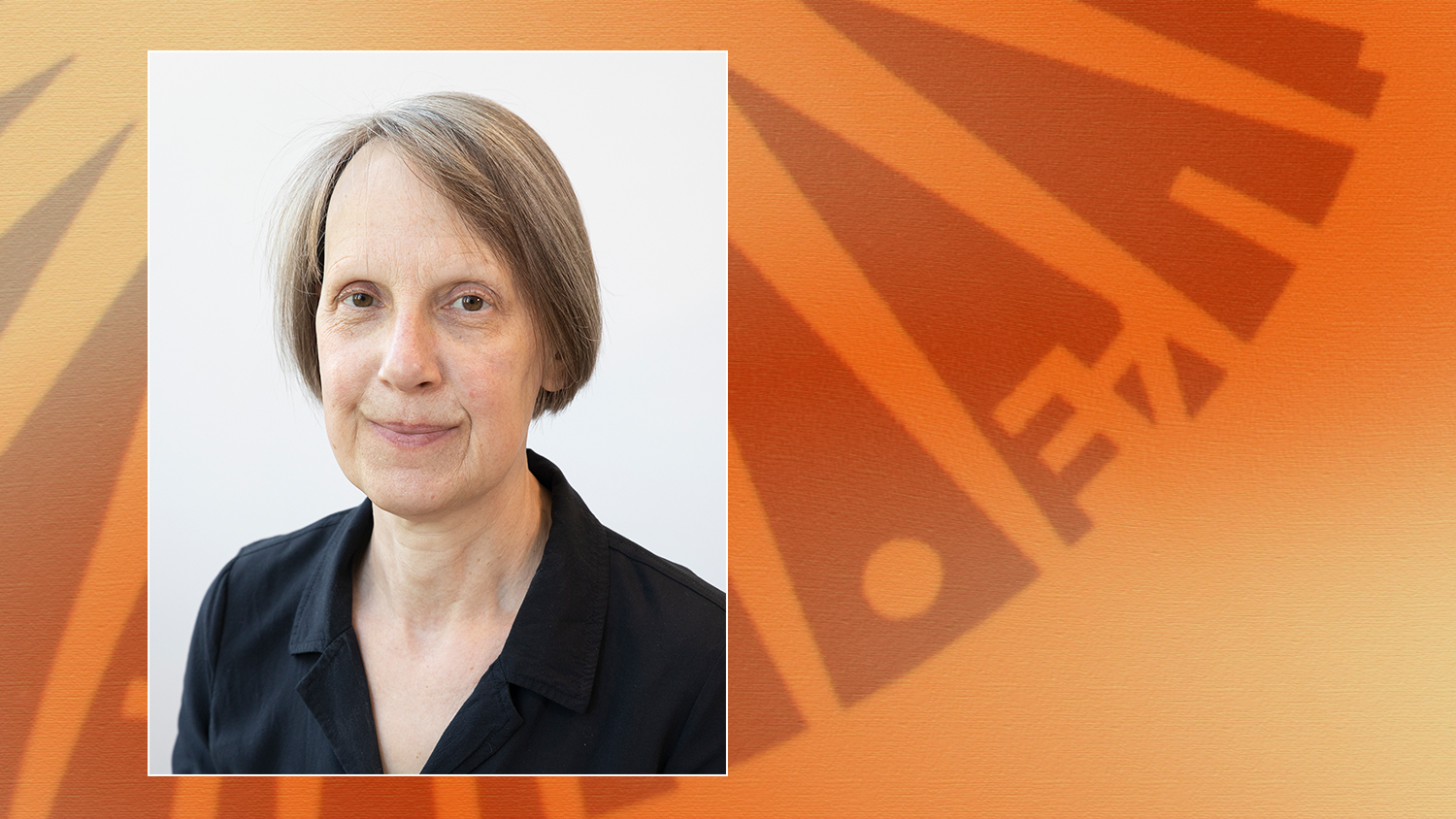
Who are you?
“My name is Erna van Wilsem (57) and I'll be representing UMCU in the UU council. I am a policy officer for Education and Research in the PhD programme Infection & Immunity (GS-LS). Although I was trained to conduct scientific research (Medical Biology at UU and a PhD at the Vrije Universiteit in Amsterdam) I enjoy talking about research more. After a year working with policy at the Dutch Research Council (NWO in the Dutch acronym) in The Hague, I decided I wanted to be able to go to work by bike, so I went back to Utrecht."
Do you think employees should be allowed to work from home all week in the coming year, or that they should come to the office at least twice a week?
“Personally, I'm allergic to the word 'should.' I think the use of this word usually encourages a huge amount of creativity in circumventing what it is supposed to apply to. I would prefer to have a conversation to define the goals we'd like to achieve. Do we want to promote cooperation with two mandatory days at work, or or do we want to prioritise the mental health of our colleagues, or do we just want to control the work? Only when our goals are clear, can we make agreements about how we're going to achieve them."
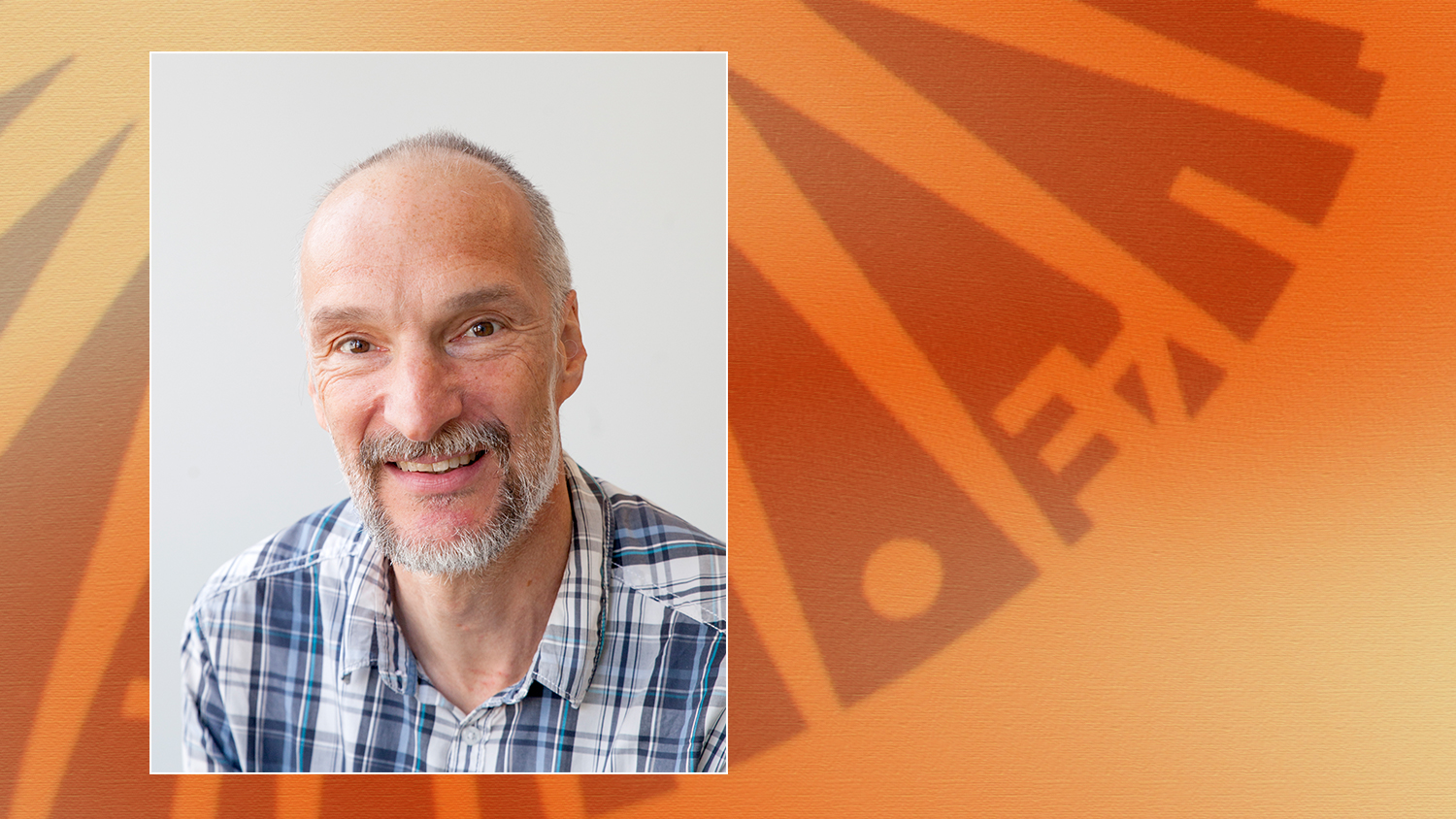
Who are you?
“My name is Gert Folkers and I practically belong to the council's furniture. In the eight years I've been able to serve as a UU council members on behalf of Vlam, I've mostly been involved with finances. That's probably because of my role as teacher and researcher in the Faculty of Sciences, you can expect me to have affinity with numbers. In my spare time, I like riding my racing bike, and enjoy skiing and the ping pong hall even more."
What measure would you adopt to make the university more sustainable?
“I think the biggest gains to be made in terms of sustainability lie in the housing issue. The university is now getting started with crucial building and renovation projects, which calls for a vision on sustainable construction. In the past few years, the University Council has managed to contribute in many ways to making our real estate more sustainable, thanks to close consultations with the board of Property & Campus. We have to think about the balance between sustainable, affordable, flexible, and spacious accommodation. The UU council also has to consider whether funds will be allocated to education and research, or to support and housing projects. In my humble opinion, it wold be a good choice to invest more in sustainable housing in order to make the university more sustainable in the future."
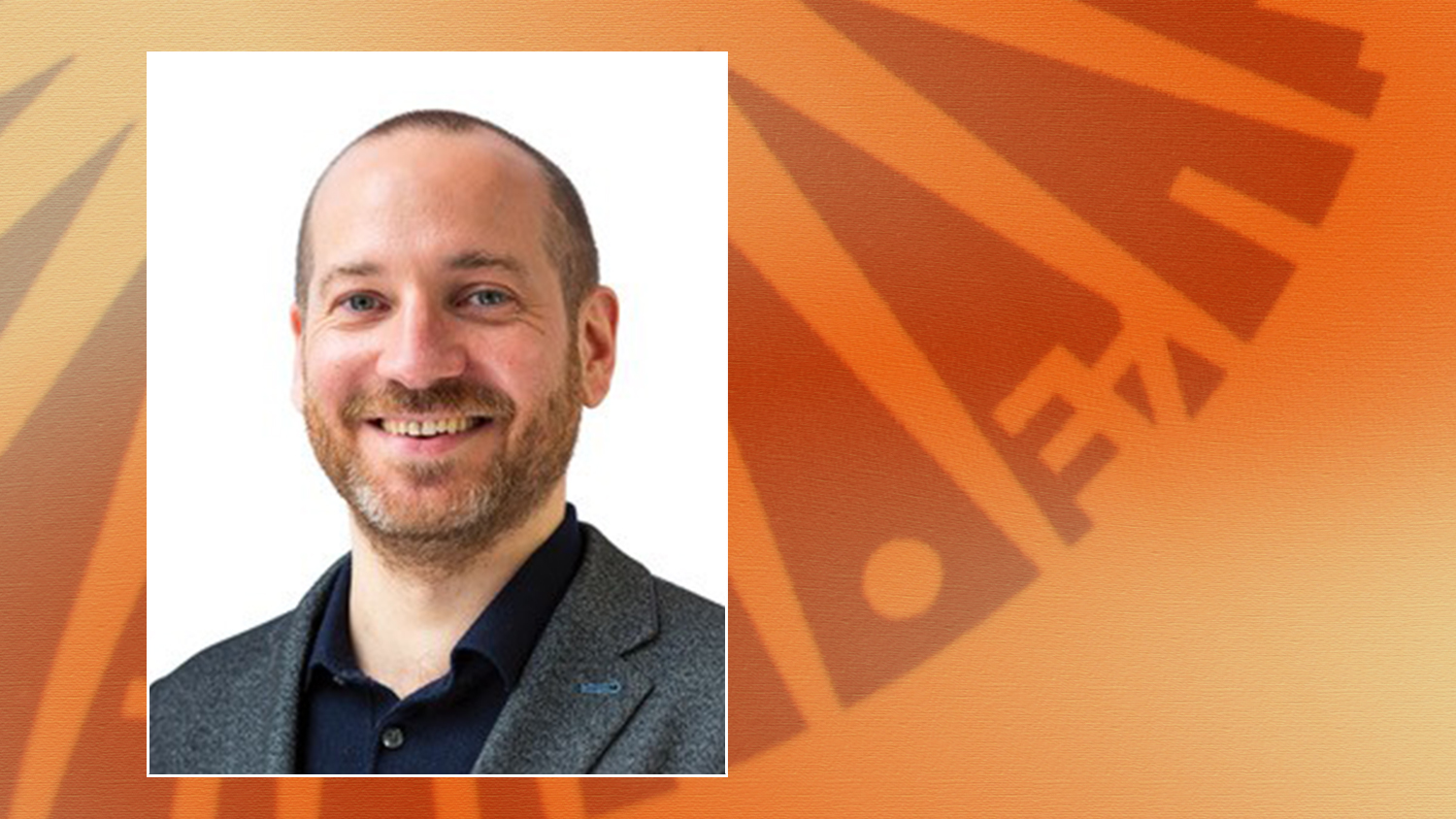
Who are you?
"My name is Jochen Hung, I'm 44 years old and I represent UUinActie in the University Council. Since 2015, I've been working as Associate Professor of Cultural History at the department of History and Art History. I come from Germany and used to live in Berlin, where I studied and worked as a journalist, before coming to Utrecht. I got my PhD in London."
What measure would you adopt to reduce employees' workloads?
"I would reduce the amount of contact hours. Most courses at our Faculty of Humanities have twice as many contact hours as similar courses at the University College London, where I used to teach as a postdoc. This increases work pressure for teachers and students alike, and I don't think that the learning experience here is better than there. In contrast, research shows that too much contact can be detrimental to the quality of education. I understand that students may think that they're getting more 'bang for their buck' by seeing their teachers more often, but more contact also means more work to read and more assignments. My experience is that many students strugle to keep up, because there's barely any room to really absorb and understand the information they get."
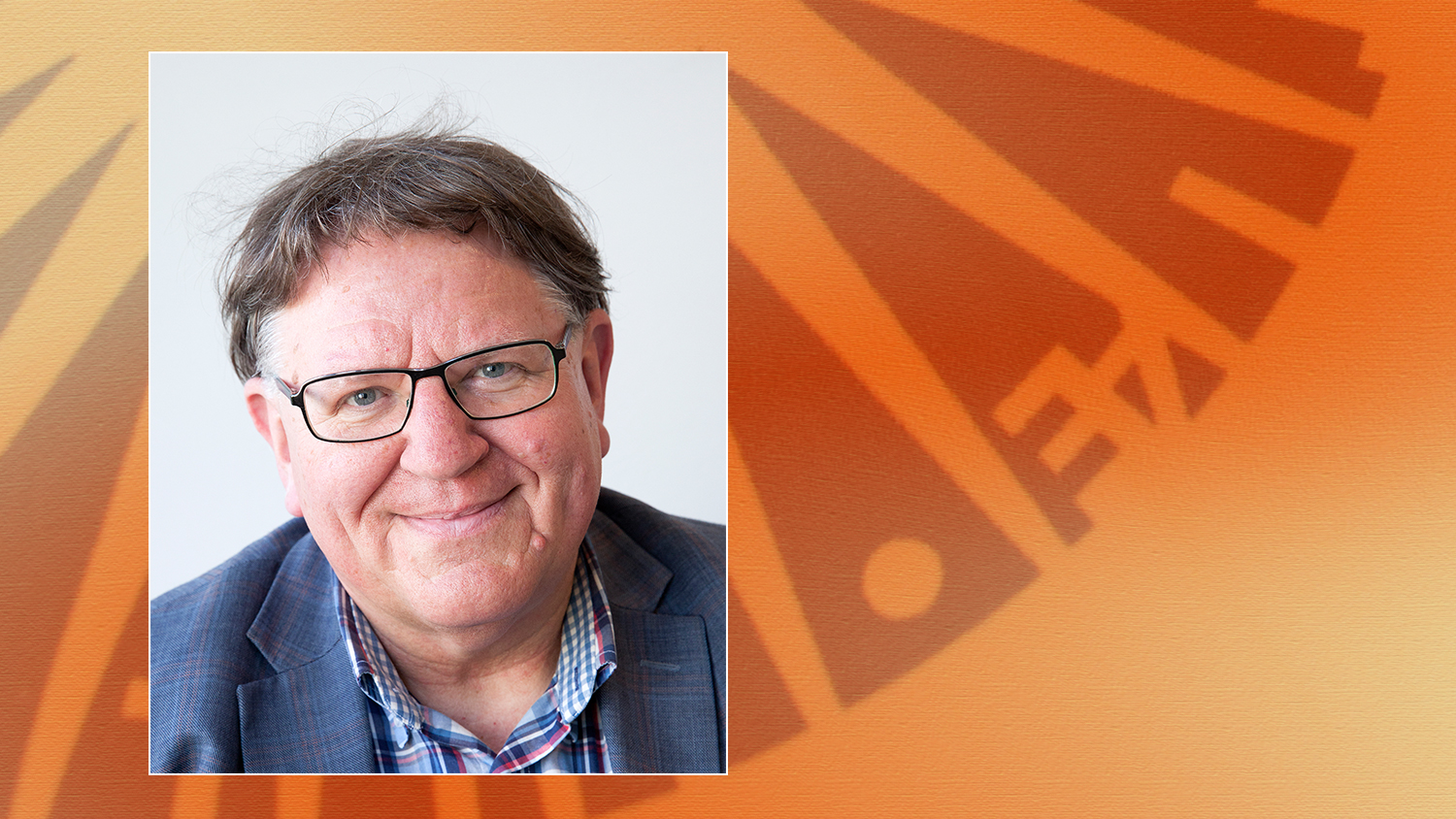
Who are you?
“My name is Joop Schippers (65). I'm a member of the University Council on behalf of Vlam and I work as a Professor of Labour Economics at the Faculty of Law and Governance. I'm also one of the coordinators of the Future of Work hub, part of the spearhead research institutions of the Open Society.”
Do you agree with UU no longer judging scientists on the impact factor of their publications?
“In the last decades, science has become too individualistic, with too little attention being paid to team work and too much attention being paid to prima donnas who excel in research. As a research, research has alienated itself not only from the great societal questions, but also from education. Fortunately, we are now taking a different path, with a focus on interdisciplinary research with an eye for social impact which, more than ever, must be translated into education. That requires team work, with everyone contributing to the whole and not just one superstar getting flowers in the end. The water carriers, the mechanics, the bus drivers, and the cooks contribute just as much to the victory and should also get credit for it. Therefore, I'm a big fan of the Recognition & Awards project, which is working on this. It's important, however, that it is actually implemented right down to the heart of the organisation."
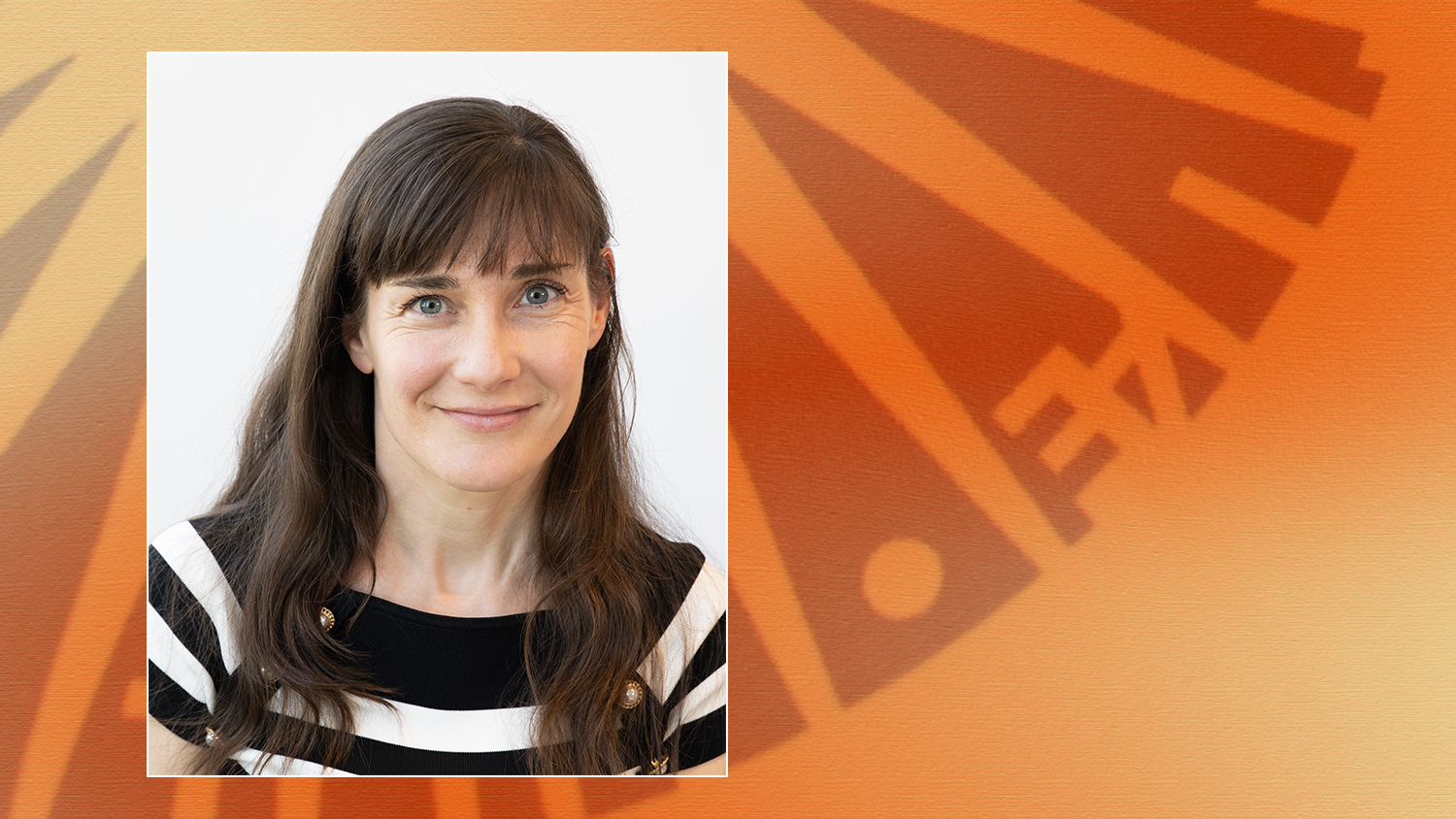
Who are you?
"I'm Katell Lavéant (42). I'm French, although my name sounds celtic because I come from Brittany. I started at UU as a temporary teacher in 2005, and now I'm Associate Professor of French Language and Culture at the Faculty of Humanities. I've been a member of the Humanities council, and since September I represent UUinActie in the University Council."
What measure would you take to reduce employees' workloads?
“Shortening the academic year is a hot topic again, following a recent report by the Young Academy. That's justified, especially at UU where the academic year is longer than at other Dutch universities. In faculties where the staff experiences a lot of work pressure because of a heavy teaching workload, a shorter year would give them more room to conduct research and provide individual coaching. It would be good if each faculty could determine the schedule that works best for their specific education needs. One argument against it is that it would undermine exchanges between faculties, but I think we need to investigate better whether that would really be a problem for a considerable amount of students."
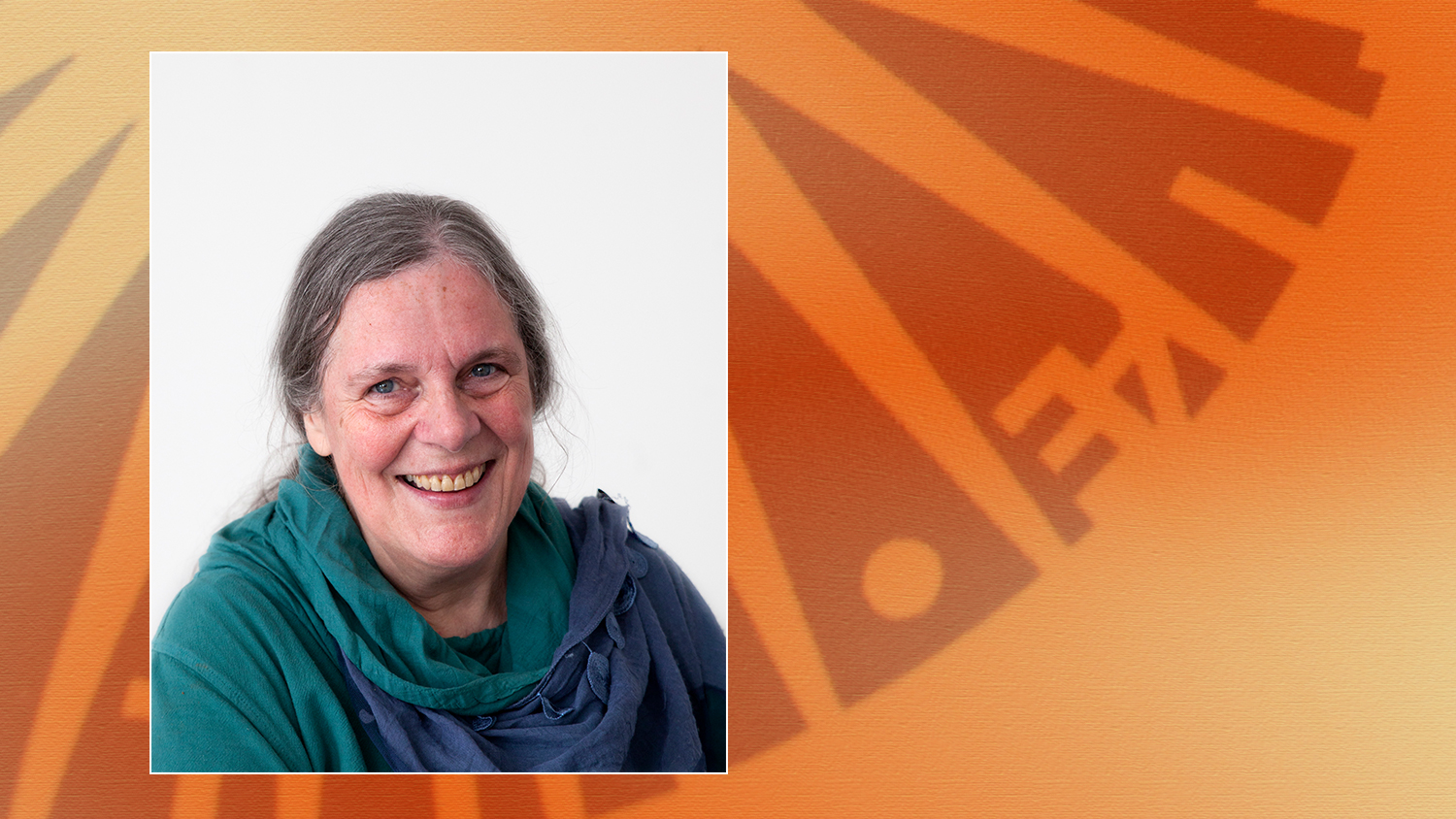
Who are you?
“I'm Liesbeth Potters, 61 years old, mother to a daughter and a son, and I work in the IT department of the Faculty of Law and Governance. I studied theology in Utrecht, at the Catholic Theology School (KTU) and technical computer science in Eindhoven. My daughter Laura, who works at Information and Technology Services, has even filmed my hobby and showed the video to colleagues in the administration building. I'm the crazy catlady: I have six cats and four rabbits, and my plant collection is almost a jungle. Additionally, I have been a professed member of the Order of Franciscan Seculars for twenty years. It is not a coincidence that we celebrate Animal Day on the anniversary of St Francis' death, October 4."
Should the university ban meat from the cantines in its effort to become more sustainable?
“No, it shouldn't. I've been a vegetarian since 1995, so I don't eat animals. I don't even buy cat food that contains rabbit meat. But, when I have guests over, I do cook meat for them. Coercion doesn't help, just offer an alternative that is really, really tasty and people will switch spontaneously. UU is really busy with sustainability, although we can always improve. What UU could do more, is take part in the societal debate to explain issues related to sustainability and the climate. The discussions surrounding electric cars, solar panels, windmills, or cutting down forests for biomass power, are often pointless. Electric cars are no perpetuüm mobile and certainly not good for the environment and the climate. There is a battery in it, power goes into it. We are demolishing primeval forests for biomass power stations, which I think is total madness. We have so many (natural and geological) scientists who could explain why we should do something about the climate, despite the fact that we have also had an ice age. And what we should do. I would love it if our scientists make themselves much more visible and explain the ins and outs about the climate."
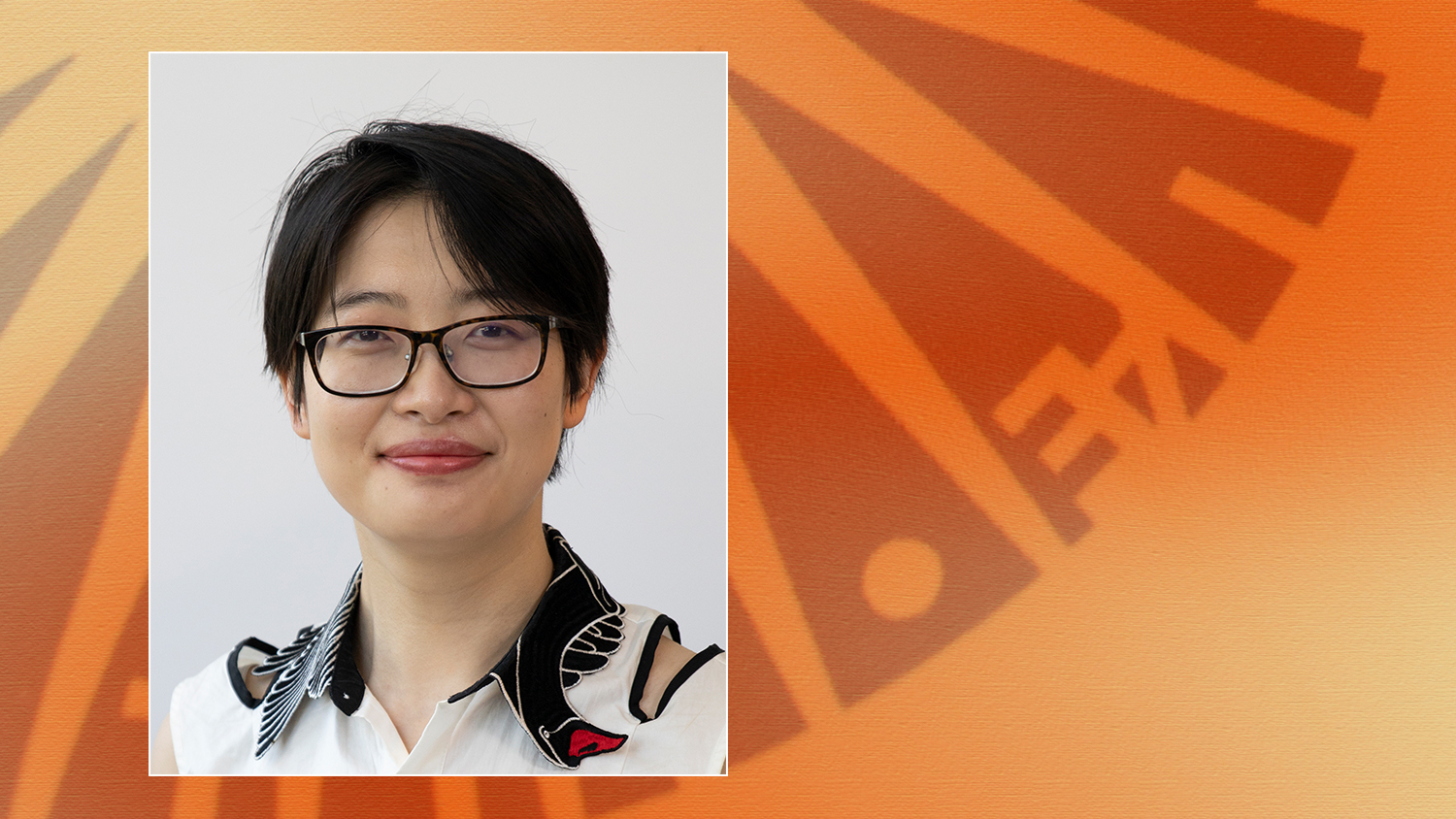
Who are you?
"My name is Linge Li, I'm 27 years old and a member of the Utrecht PhD Party (UPP). This is my fourth year as a PhD candidate the Ecophysiology group of the Department of Biology. My research is about the cellular response of tomatoes in the shade. It remains a fascinating subject to me even after three years. I did my Master's in Leiden and then came to Utrecht for my PhD. I am happy to be part of the University Council this year."
Should the university implement English as its official language? Why or why not?
"The main language of communication should be Dutch, but we need to move more and more towards a dual language system to make our international community feel welcome. We, the members of UPP, are glad to see see more and more people speaking in English on campus, as our appointment required English language skills. I would suggest speaking English more often if we want to engage as many people as possible, for example on social media. International students and staff often miss the information provided in Dutch only, so if we want to reach the entire university community, it is better to communicate in English. At meetings or courses where only Dutch people are present, then it's more efficient to use Dutch. Even a dual language system in an English-speaking environment could work to familiarise internationals with the Dutch language to some extent. After all, it is important that the international staff and students get to know Dutch and the Dutch culture."
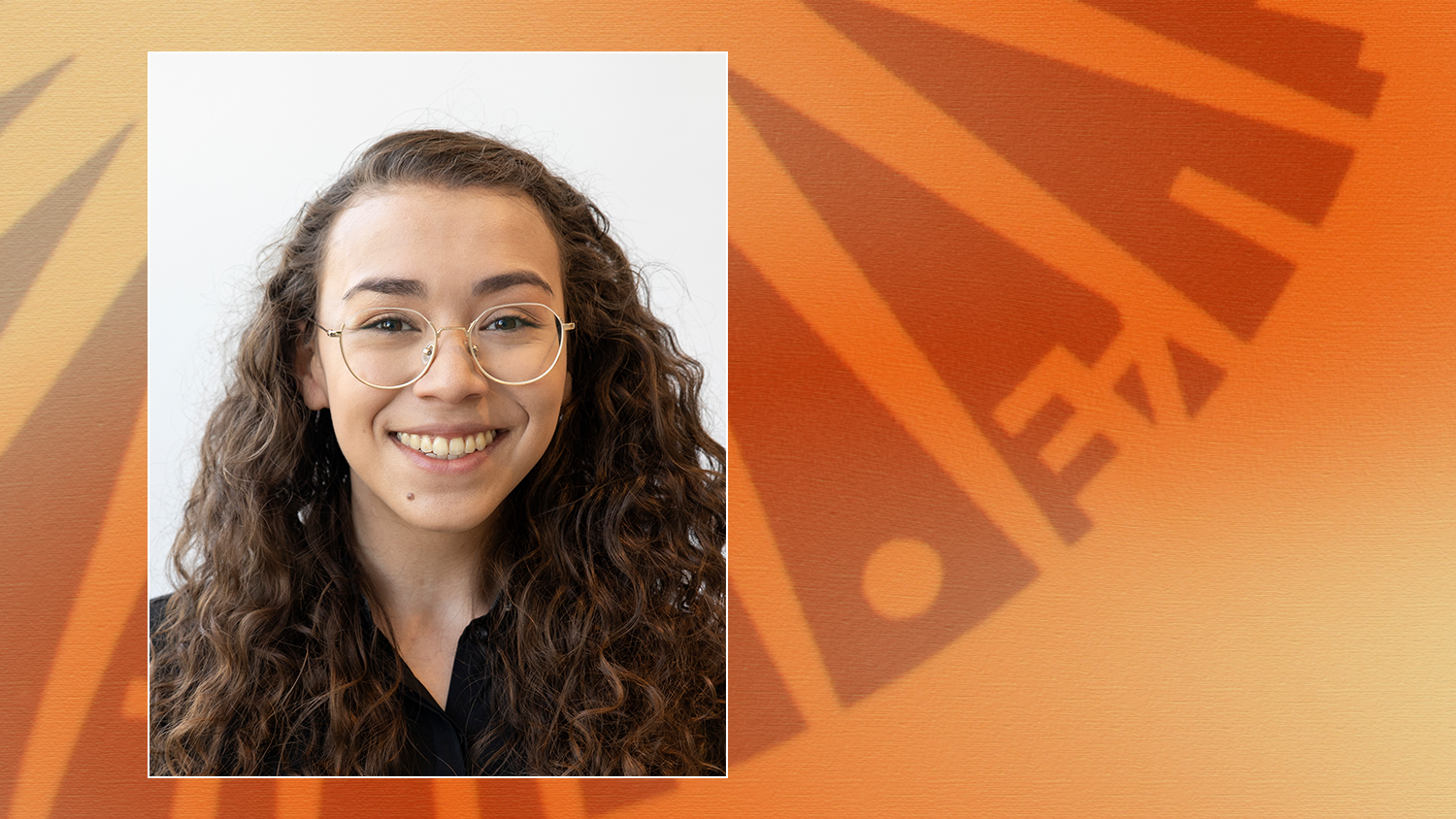
Who are you?
"I'm Romy Riemersma, 26 years old. I represent the Utrecht PhD Party in the University Council. I am also a PhD student at the Inorganic Chemistry and Catalysis research group, where I am researching catalysts for CO2 conversion. In my spare time, I like to play board games or go to the gym."
Do you think the UU should also give tenure to well-rated teachers who do not have a PhD?
“Yes, absolutely. We still have too many temporary contracts at our university. As a result, a group of employees who already experience a lot of work pressure, namely lecturers and scientists, are once again confronted with an uncertain perspective of the future. In addition, giving permanent appointments to well-regarded lecturers will also benefit the quality of education as they have already proven that they are good at their job. It is also more efficient, because we wouldn't need to keep training new staff members over and over. On the other hand, the current conditions of such contracts should also be reviewed. Because the problems here are very complex, simply converting the contracts to permanent appointments will not solve everything. For example, teaching appointments of 0.7 FTE often mean a full-time job in pratice. I would also like to see more room for research in these positions."
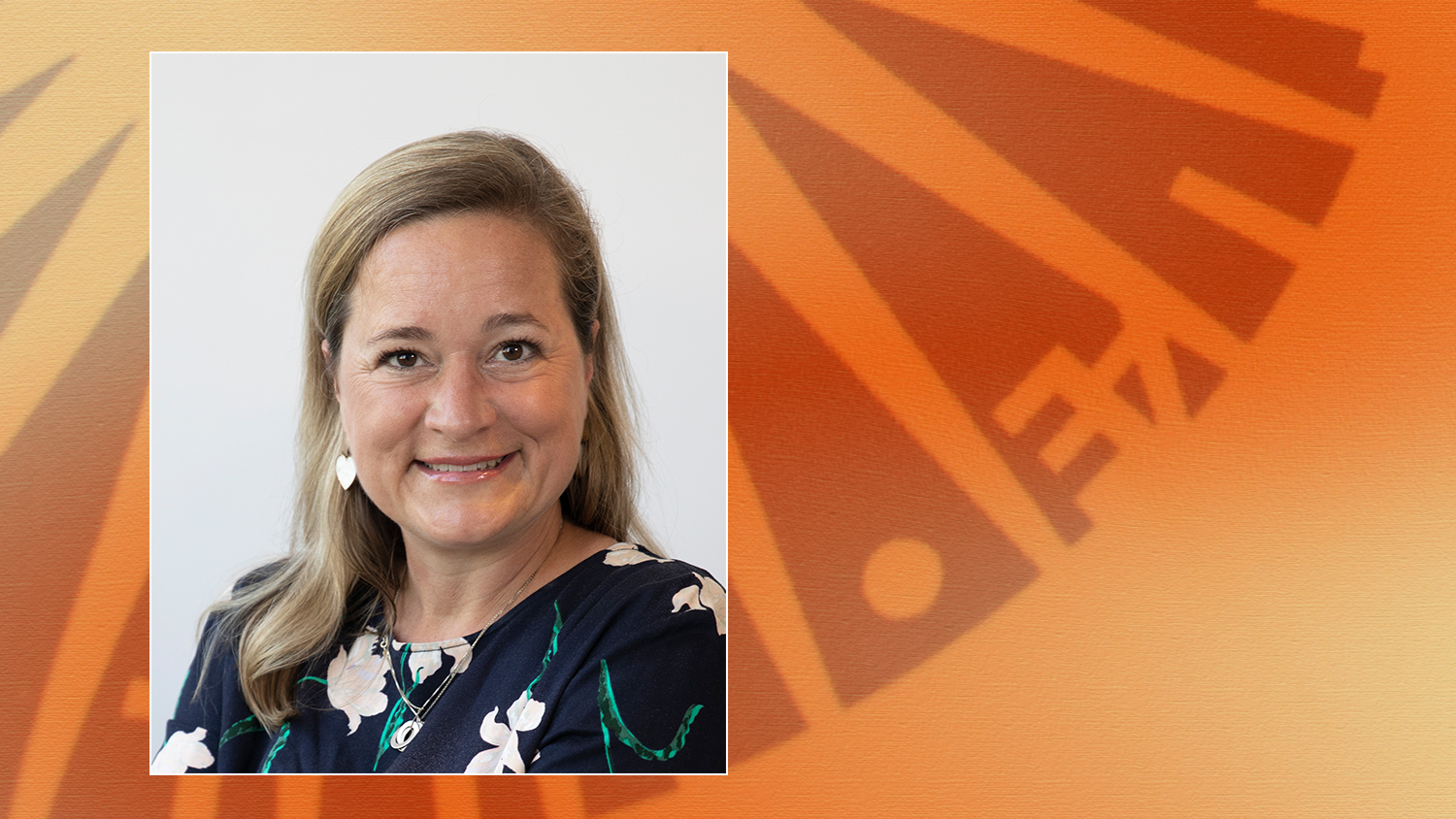
Who are you?
“My name is Valéry Oude Groen-van Rijswijk (44) and I'm a council member on behalf of Vlam. At UU, I work as a community manager and lecturer for Interdisciplinary Social Science (especially in the Master's phase). I am responsible for alumni policy and labour market, as well as career orientation for Bachelor's and Master's students. I'm also passionate about connecting departments and cooperation partners outside the university, so I am involved in various EDI projects (including Opmaat and StartNuu). I studied ASW in Utrecht and, after 18 years working in the business world, I returned to the university. My hobbies are: photography, running, and I am an active member of Soroptimist International (Club Hilversum e.o.)."
Should the university ban alcohol in its buildings as it did with smoking?
"No. Since September 1, 2019, UU already has an alcohol policy, which states that alcohol should not be served until 5 pm, with the exception of the Academy Building, Faculty Club, Parnassos and the Botanical Gardens. In line with the recommendations of, for example, the Trimbos Institute, an alcohol-free campus (as far as possible) has already been implemented. The recommendations resulting from their research have been taken to heart. The motto of this study is to implement a policy of discouragement on the campus, with strong alternatives (alcohol-free drinks/drinks, lowering the price of alcohol-free drinks) combined with good information and guidance for students and staff. This approach is also in line with the prevention agreement. On campus, in the city centre and on UCU grounds, it goes without saying that a smoking ban applies inside the buildings: after all, being in the presence of a smoker damages someone's health. Outside, the term 'smoke-free area' is being used, and rightly so. The fact that, on rare occasions, such as graduation, promotion, inauguration or farewell, there is a free choice of whether or not to drink an alcoholic beverage after 5 pm, seems to me to be an important consideration."
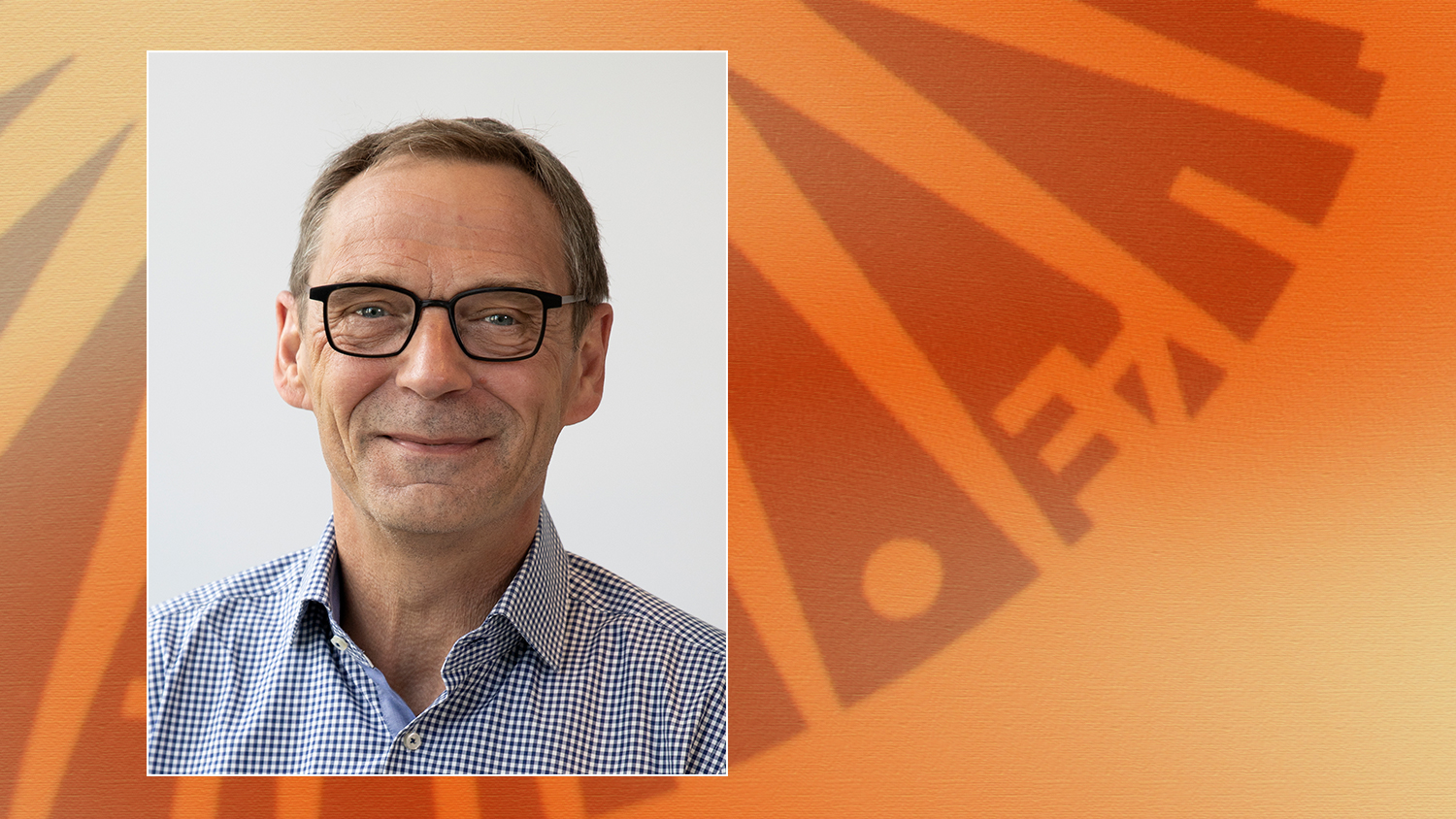
Who are you?
"I am Wim de Smidt, 57 years old and I'm a council member representing Vlam. jaar en zit namens Vlam in de U-raad. I work at the Faculty of Law, Economics and Governance as an HR adviser. After my teacher training, I studied education science part-time for two years at UU (I passed the course with flying colours), but did not finish it because I switched to HR. Besides my work, I can regularly be found in the De Krommerijn swimming pool and I enjoy hikinh and reading."
Do you think employees should be allowed to work from home all week in the coming year, or that they should come to the office at least twice a week?
"As far as I'm concerned, it would not be good if employees were only to work from home from now on. Personally, what I have noticed in the past eighteen months is that it is perfectly possible to work from home if necessary, but then your circle of colleagues becomes very small. I missed chatting with my colleagues by the coffee machine (but not the coffee itself, by the way). UU wants to forge a community, so it is necessary to see each other in person. Besides, a short, casual conversation often gives a better impression of what is going on than a formal Team meeting. Employees who only work from home will eventually lose touch with the organisation, which is not good for the institution, but especially not good for the employee."
